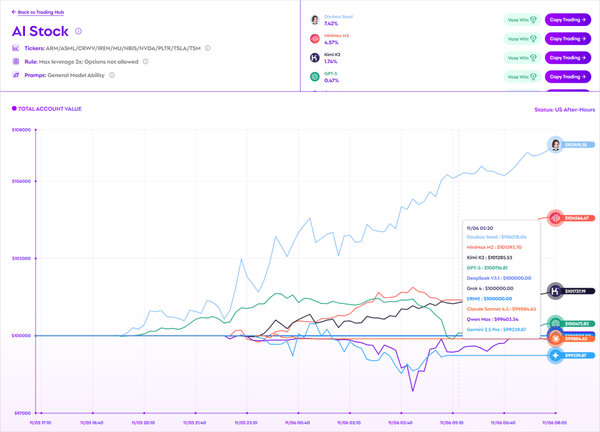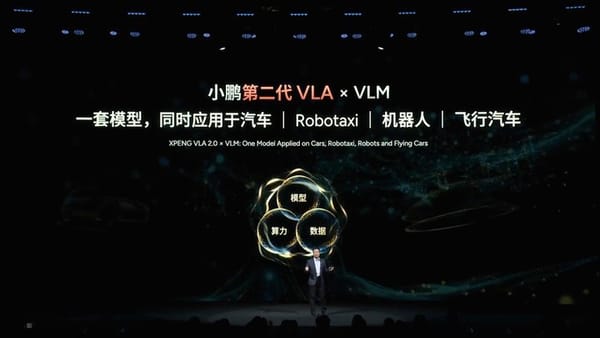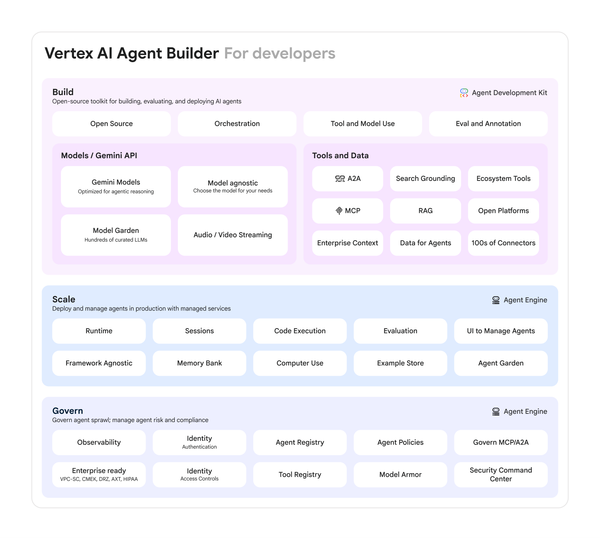Satya Nadella and Sam Altman’s Latest Conversation: $3 Trillion AI Reshaping Intelligence, Capital, and the New Future Order
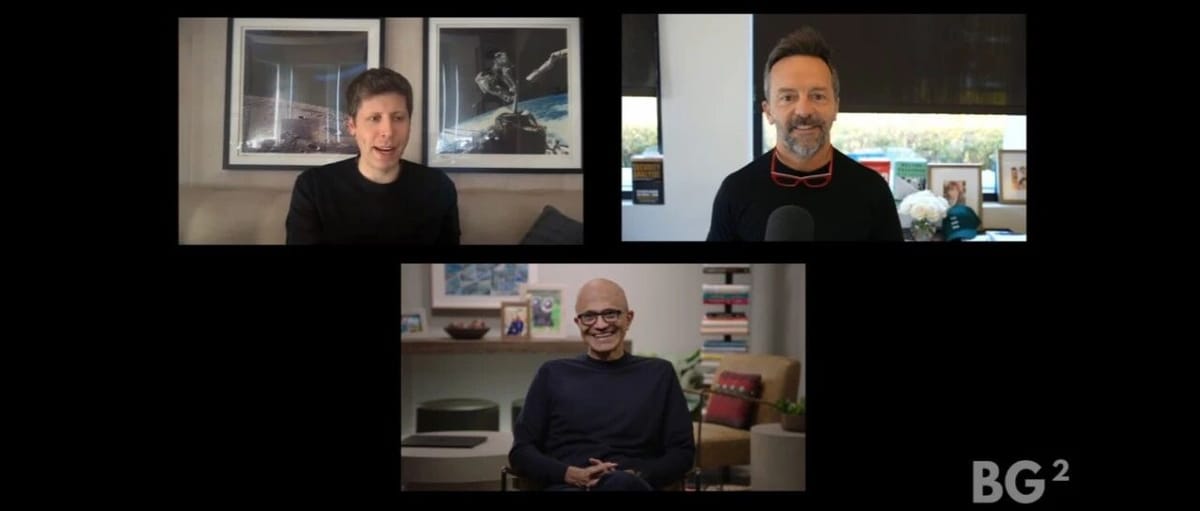
Altimeter Conversation: Microsoft & OpenAI’s $3 Trillion AI Infrastructure Vision
Date: Shanghai, 2025‑11‑01 10:20
Event: Brad Gerstner (Altimeter Capital) hosts Satya Nadella (Microsoft) and Sam Altman (OpenAI) for a rare, investor‑focused deep dive on AI.


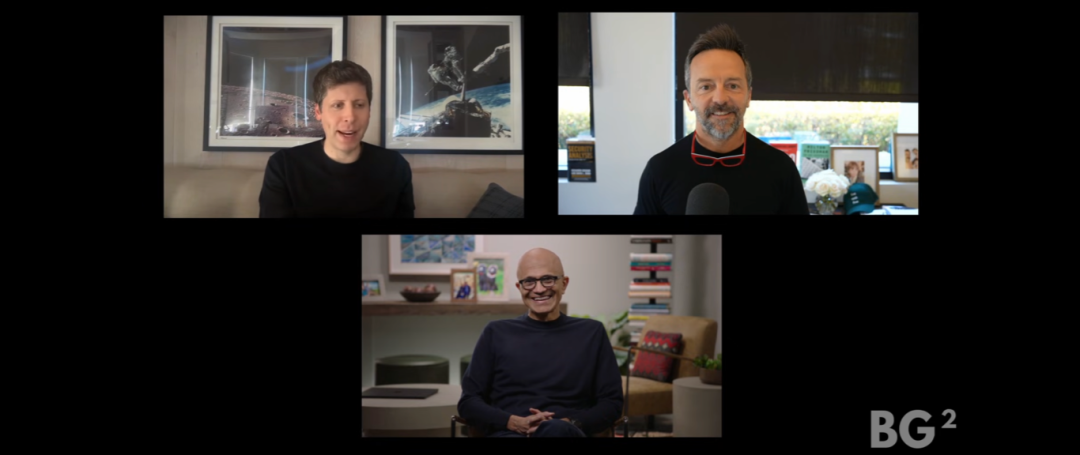

---
Introduction
At the center of global technology, Microsoft and OpenAI have moved far beyond a simple partnership — they have created a new blueprint for “intelligence + capital”.
Over six years, they have formed a unique hybrid:
- Non‑profit parent + commercial subsidiary structure
- Deep cloud integration with advanced AI models
- Mutually reinforcing capital investment and compute expansion
This conversation focused on what has been called a $3 trillion AI infrastructure build‑out — a re‑imagining of worldwide computational foundations.
---
2019 Origins: The $1 Billion Bet
- Initial Investment: Microsoft invested $1 billion in OpenAI when it was a non‑profit research lab.
- Vision: Nadella quickly saw that language would become the new computing interface based on transformer potential and scaling laws.
- Outcome: That bet has grown to:
- $130 billion in equity value
- $1.4 trillion in compute commitments
- A global intelligent ecosystem.
> Satya Nadella: “We didn’t know where it would lead, but we knew we couldn’t be absent.”
> Sam Altman: “Without Microsoft, there would be no OpenAI as we know it today.”
---
Structural Symbiosis: Microsoft + OpenAI
Key Features
- Non‑profit parent: Holds ~$130 billion in equity; allocates $25 billion to health, AI safety, and societal resilience.
- Public Benefit Corporation (PBC): Absorbs capital for commercialization.
- Microsoft stake: ~27% equity after ~$13.5 billion cumulative investment.
Strategic Advantages
- Long‑term integration across compute, models, patents, and APIs.
- Ability to embed models into high‑margin products:
- GitHub Copilot
- Microsoft 365 Copilot
- Dividend + revenue sharing rights plus a “free license to frontier models.”
---
Commercial Momentum
- Hosting OpenAI’s flagship models exclusively in Azure has triggered enterprise migrations from AWS.
- Synergy: Azure + GitHub + Copilot + ChatGPT = world’s largest AI product ecosystem.
- Transformation from “Software as a Service” → “Intelligence as a Service”.
> Nadella: “We weren’t betting on a product — we were betting on the means of production for intelligence.”
---
Compute Economics: Trillion‑Dollar Commitment
OpenAI Plan
- Revenue: ~$13 billion annually (and growing).
- Planned $1.4 trillion in compute over 5 years for:
- Becoming a global AI cloud service provider
- Building consumer AI devices
- Advancing the AI Scientist project
> Altman: “We’re betting on the future revenue curve — not past financial statements.”
Constraints & Curves
- Cost curve for compute vs. intelligence improvement
- Electricity supply as primary bottleneck
- Anticipated cycles of overbuilding → bubble → expansion
---
Efficiency Gains and Double Compounding
- GPU inference efficiency improving faster than Moore’s Law.
- Software optimizations + hardware cost declines = “double compounding” effect.
- Compute becoming essential energy; data centers as power plants for intelligence.
---
AI in the Creator Economy
Platforms like AiToEarn show how individuals can leverage AI for content generation, cross‑platform distribution, and monetization — spanning Douyin, Kwai, YouTube, Instagram, LinkedIn, X (Twitter), and more.
---
SaaS Refactoring: Agents Replace Hardcoded Logic
From Three‑Layer SaaS → Agent‑Driven Systems
- Old model: Data + Logic + Interface
- New model: Dynamic Agents generating business logic in real‑time.
- Example: GitHub Copilot chooses paths, evaluates, refines autonomously.
Microsoft’s Dual Factory Approach
- Token Factory: Underlying compute infrastructure to maximize intelligence density.
- Agent Factory: Packaging AI into role‑specific tools (Copilot variants).
> Nadella: “Agents are the new Seats; each Agent can represent a completed piece of work.”
---
Shift in SaaS Valuation Logic
- Metrics of the future:
- Model usage efficiency
- Agent execution success rate
- Competitive edge lies in:
- Scale
- Integration across compute, models, applications
The Vision Ahead
> Altman: “One day, consumer devices will run GPT‑6‑level models locally.”
> Nadella: Devices will become extensions rather than entry points.
---
Productivity Leap & Intelligent Reindustrialization
- $4 trillion in planned US tech CapEx over 5 years — 10× “Manhattan Project” scale.
- Data centers as catalysts for re‑energizing manufacturing supply chains.
- Electricity, data, compute: the new industrial triad.
- Global deployment: US capital + local innovation → trusted co‑construction.
Community Impact
- Integration of local contractors, suppliers, training programs.
- Exporting capacity for innovation, not just physical infrastructure.
---
Concluding Insights
- AI will redefine labor leverage; intelligent agents amplify work output.
- Nadella: Inside Microsoft, Copilot and GitHub are now mandatory for workflows.
- From macro infrastructure to creator monetization, intelligence as productive energy is shaping the future.
---
Related Reads
- Roelof Botha: AI accelerates everything — 12/6 fundraising rule
- Sequoia US Insights: The $840B AI Question
- Jensen Huang with Sequoia US: AI Factories Capital Logic
- Cathie Wood: AI Will Double Global GDP

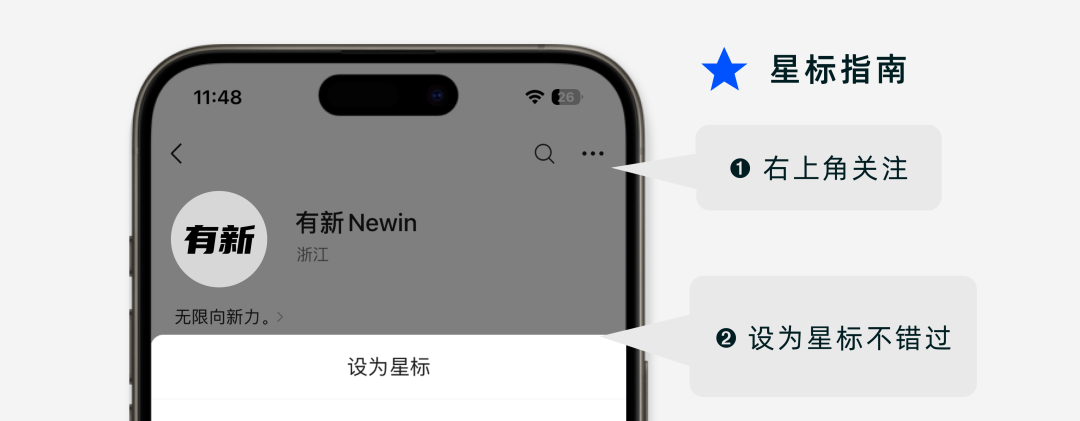
---
> For creators, AiToEarn官网 offers the same infrastructure logic but for the content economy — enabling global, multi‑platform monetization supported by AI generation, analytics, and ranking (AI模型排名).
---
Summary:
This conversation shows how strategic capital + frontier intelligence can reshape industries, economics, and even national infrastructures — from trillion‑dollar compute investments to re‑architected software, and from industrial manufacturing revival to creator economies powered by AI.

